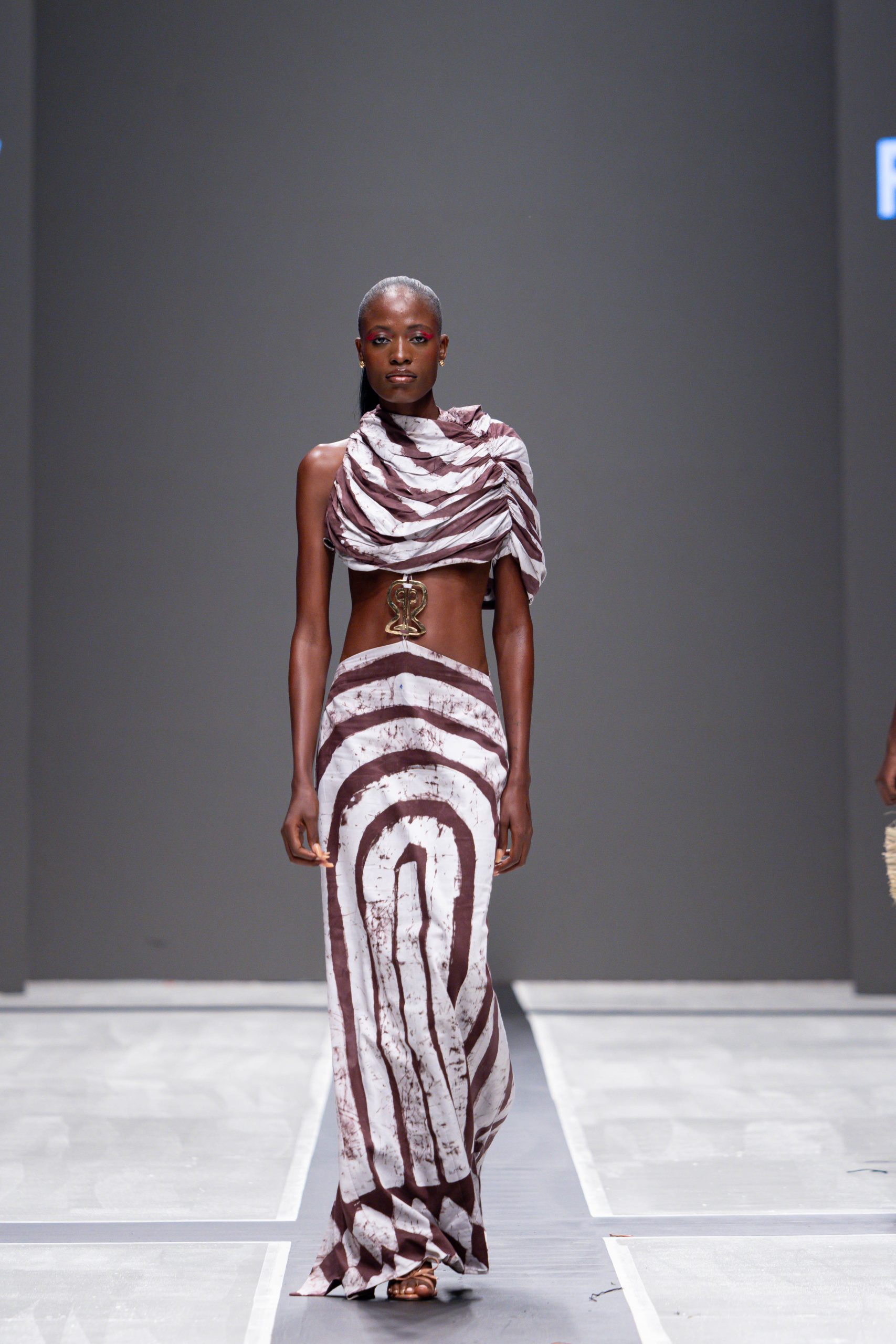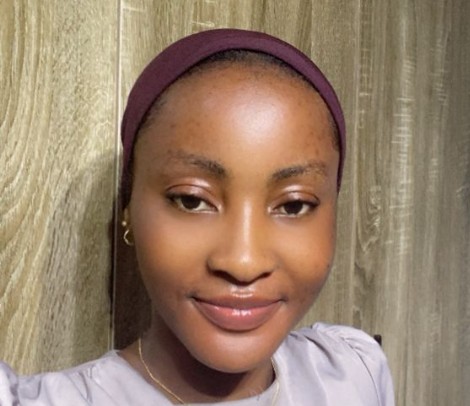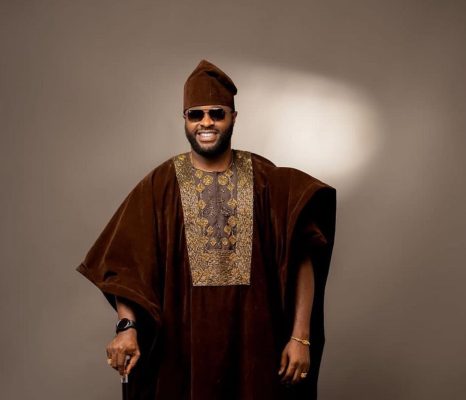Every last week in October, the city of Lagos transforms into a platform where designers, models, and fashion enthusiasts showcase colour, culture, and authentic craftsmanship. But beyond the glitz and glamour, Lagos Fashion Week has, over the years, embodied an even more powerful purpose, which is to revive Africa’s textile tradition.

LFW reviving traditional textile
What is particularly inspiring is how LFW has become a bridge between tradition and innovation. Designers around the world share one ambition: to put their ideas on fabric and see them walk the stage for the world to see and admire and Lagos Fashion Week, for the past 15 years, has thus created that platform for individual designers.
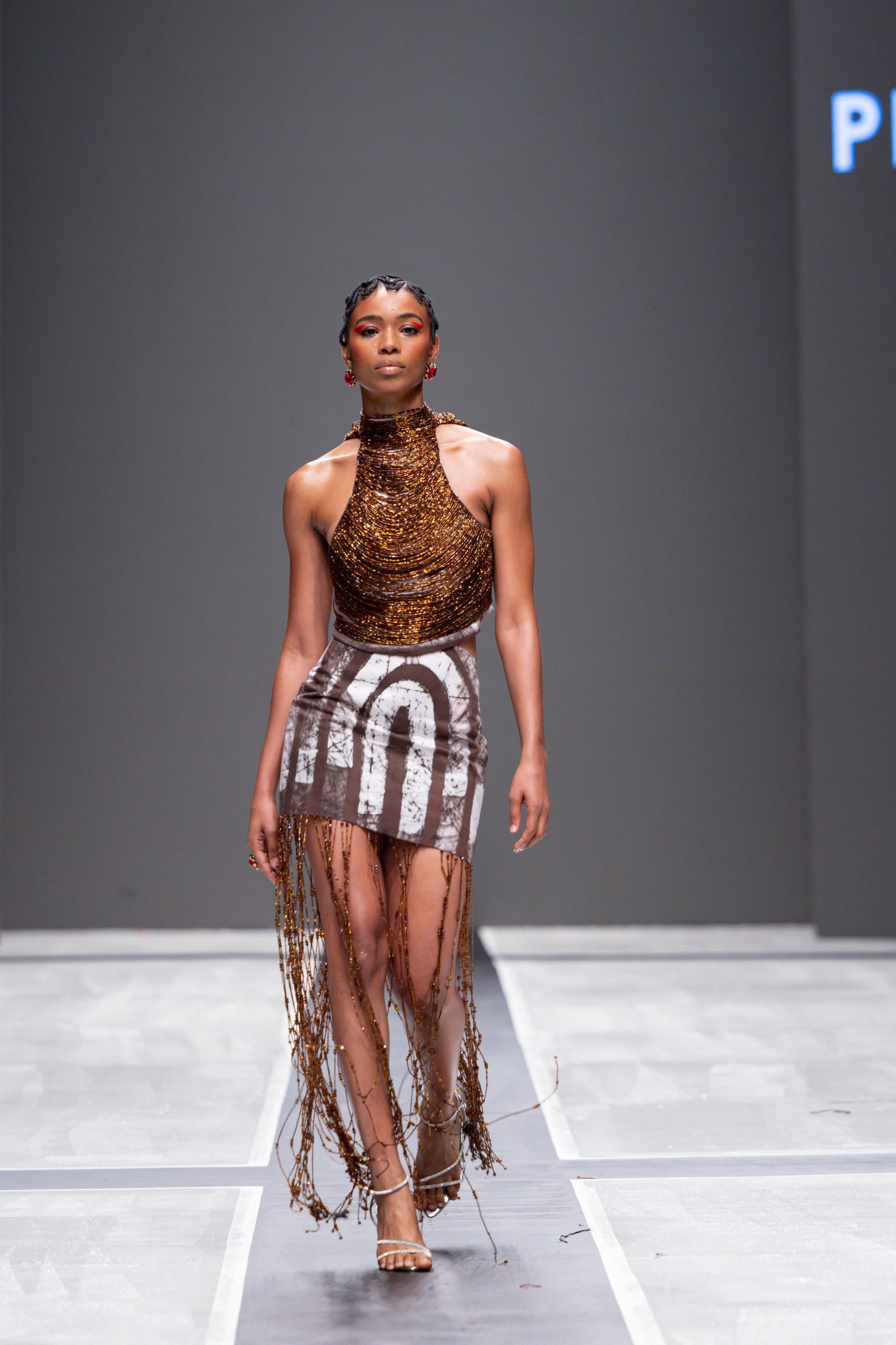
By creating its own niche, LFW has given designers the freedom to tell stories through fabric, blending traditional arts with contemporary techniques. The runway now often features indigenous fabric like Aso Oke, Adire, Ankara and Raffia.
Designers are not just creating for the runway; they are reconnecting with local artisans and weavers who keep these aged crafts alive and running.
Lagos Fashion Week has further encouraged collaboration between designers and communities such as Abeokuta for Adire and Iseyin for Aso Oke, ensuring that traditional techniques are not only preserved but reimagined in modern fashion.
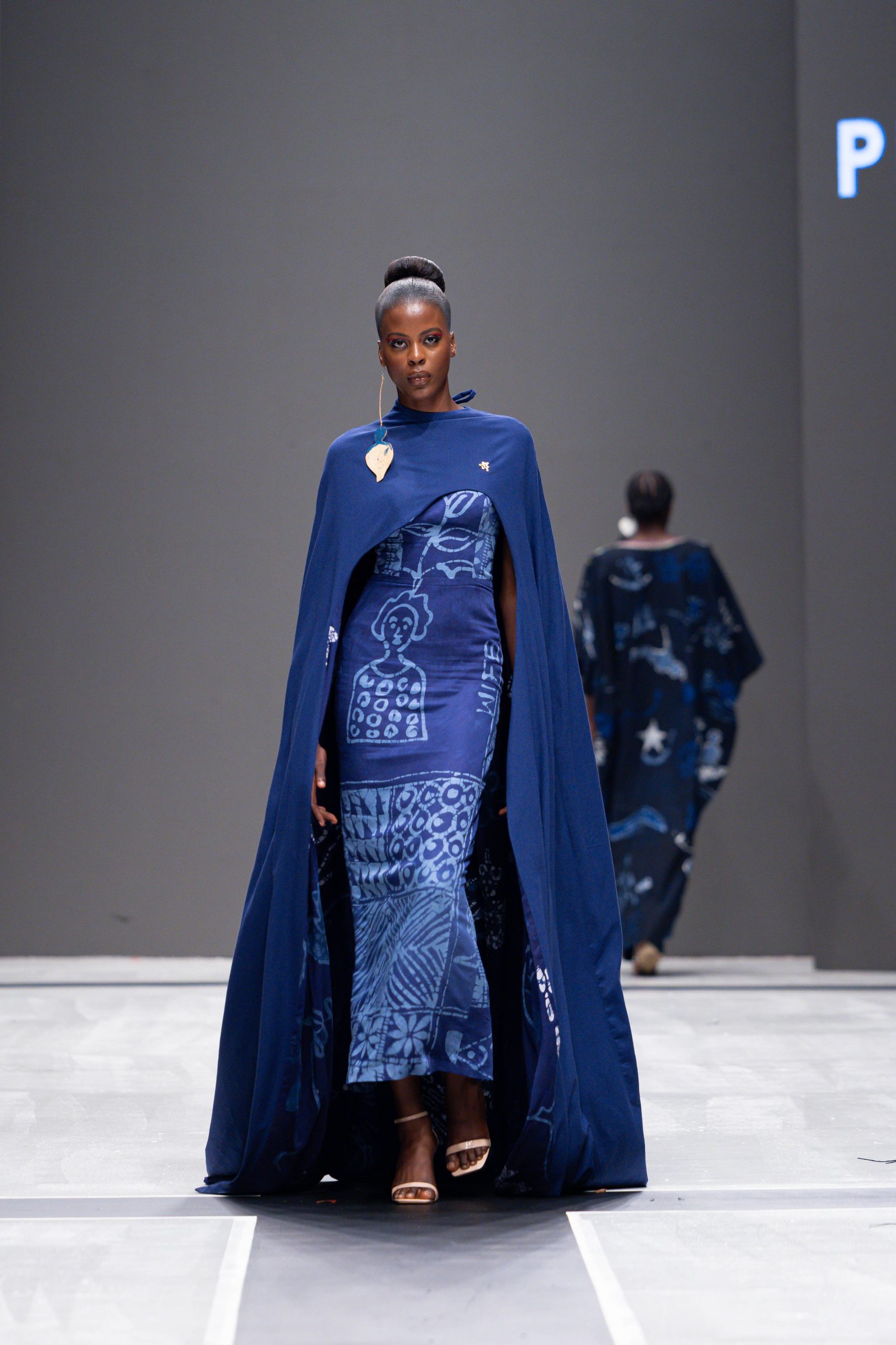
What it provides for indigenous textile artisans
Each handwoven Aso Oke or Adire fabric represents hours of labour, skill, and enduring heritage. Lagos Fashion Week forges an avenue for these centuries-old techniques of fabric making and design to be preserved, as the knowledge behind them is passed down to younger, contemporary designers.
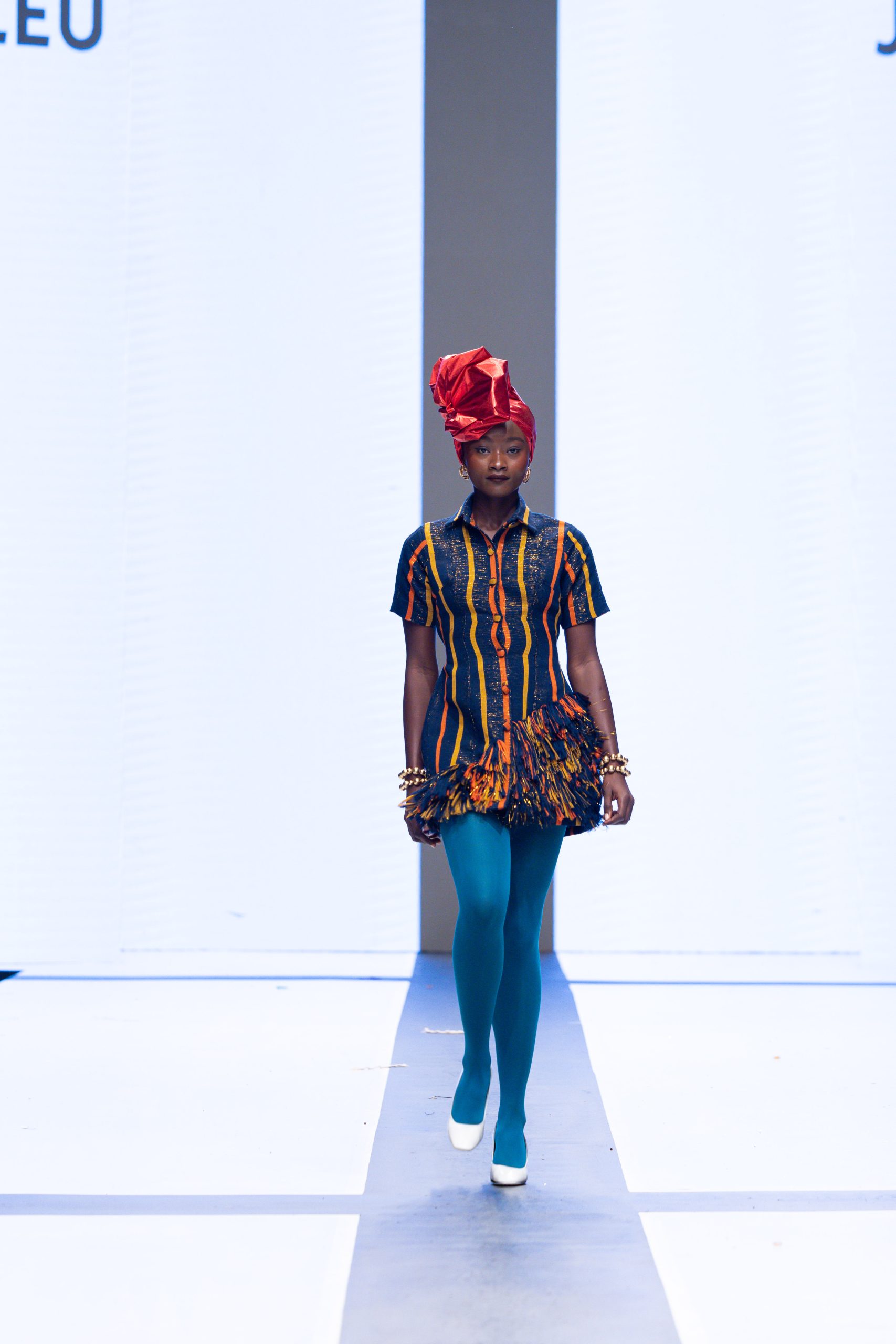
The collaborative force between traditional artisans and modern designers further shines a spotlight on indigenous craftsmanship, ensuring that their work is valued and celebrated on a global stage. What was once seen as “local” craft has now become the heartbeat of contemporary African fashion.
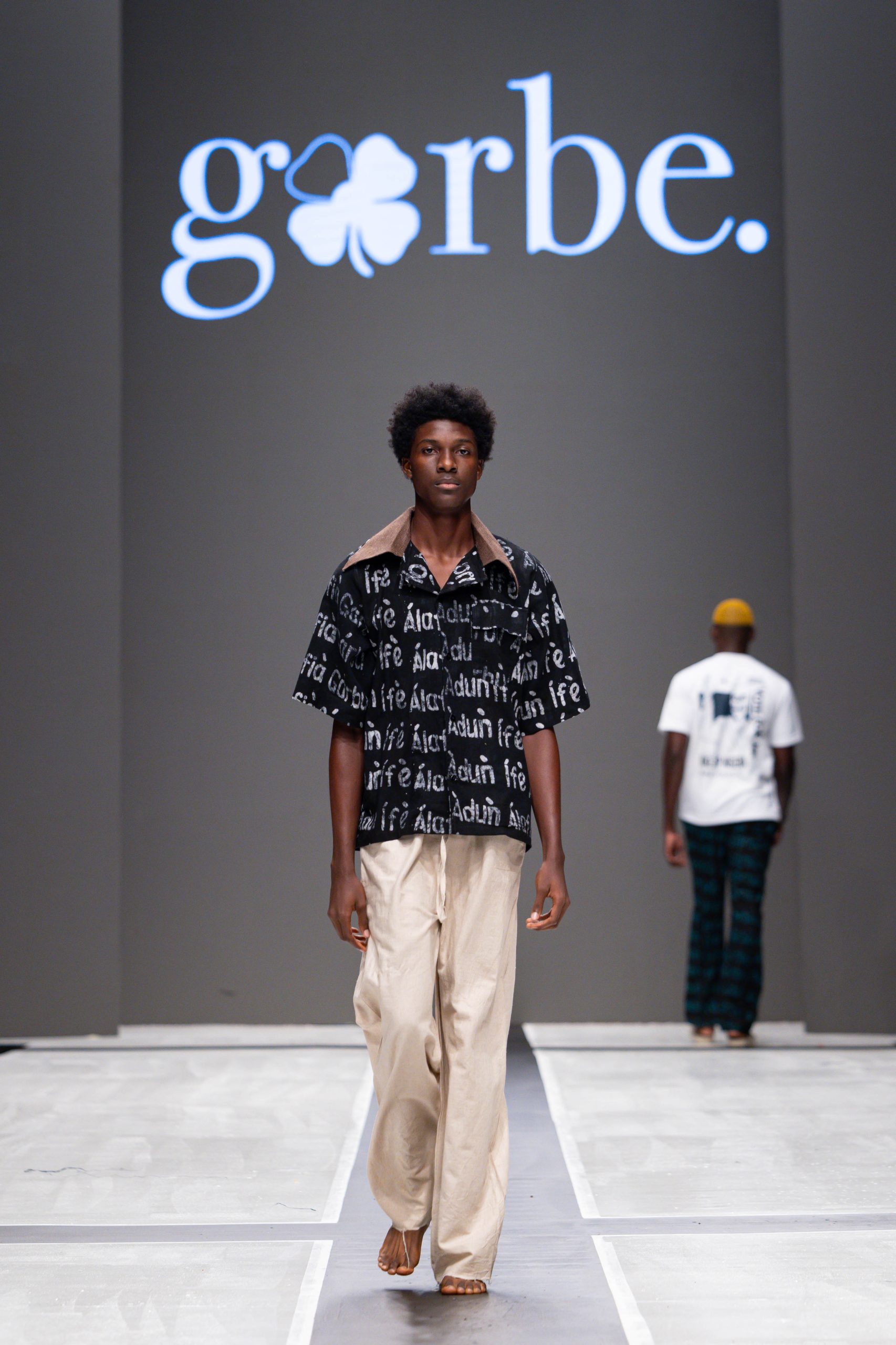
Moreover, collaborating individuals and communities stand to gain substantial wealth from these partnerships as their designs are promoted and showcased on international runways. This intersection of culture and commerce empowers artisans not only to sustain their craft but also to thrive within a global economy that increasingly values authenticity and sustainability.
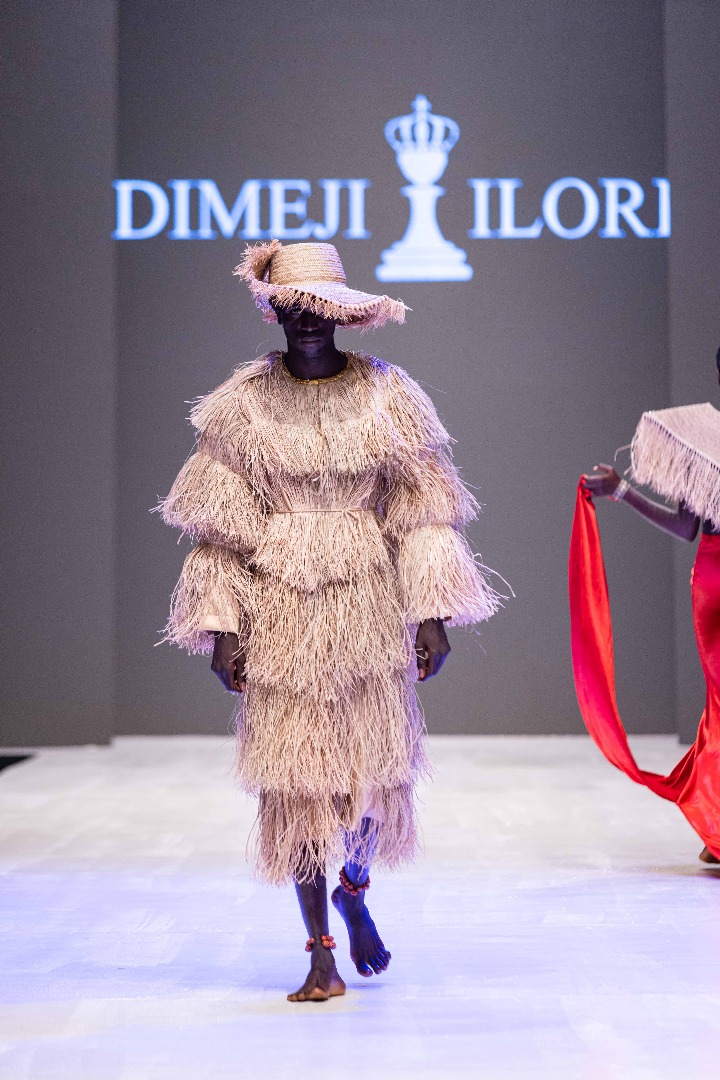
Through initiatives like Lagos Fashion Week, the conversation around African textiles expands beyond aesthetics to embrace sustainability, storytelling, and innovation. In doing so, Lagos Fashion Week cements its role as a textile revival engine as it breaths new life into fabric creation.
